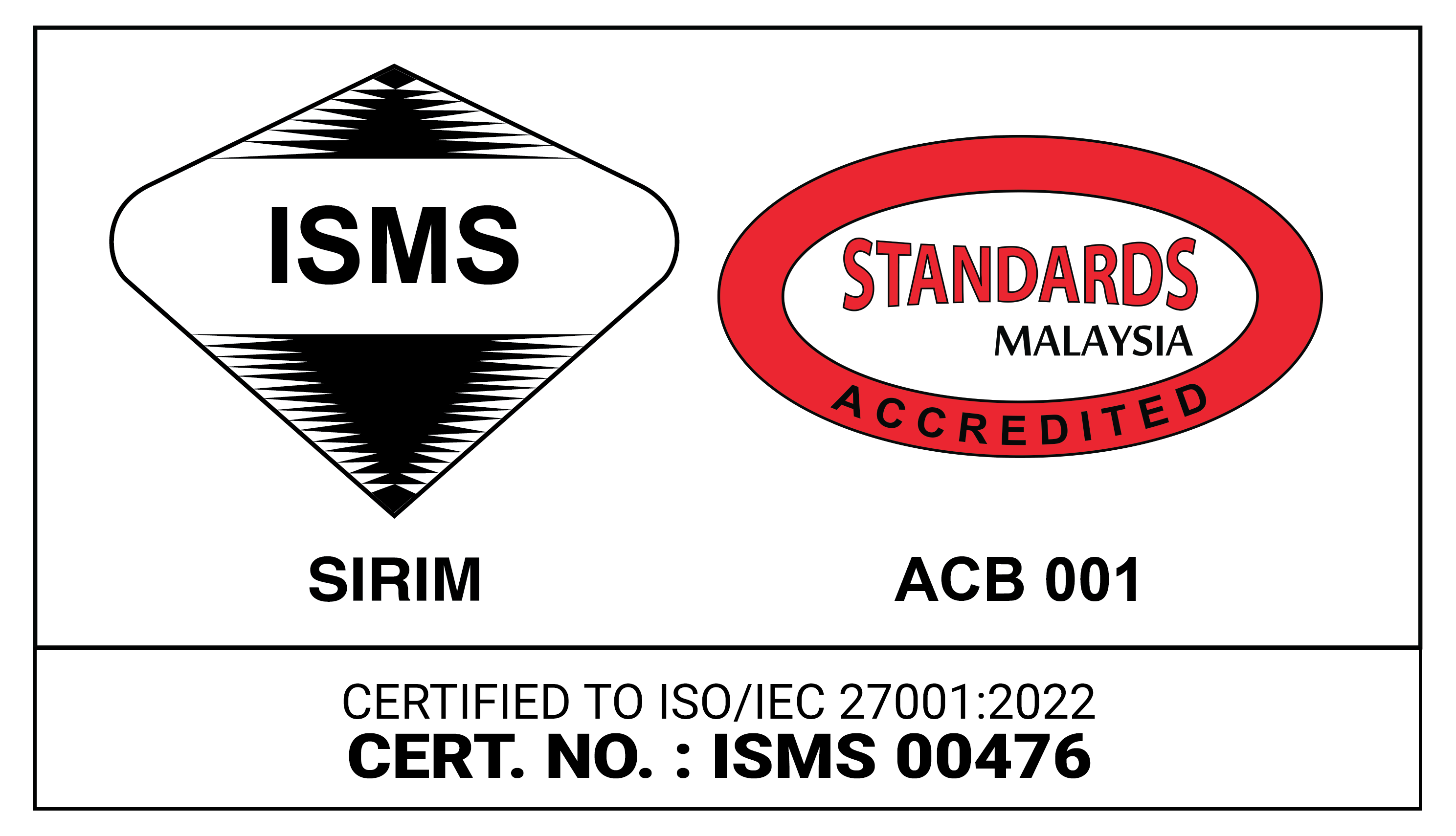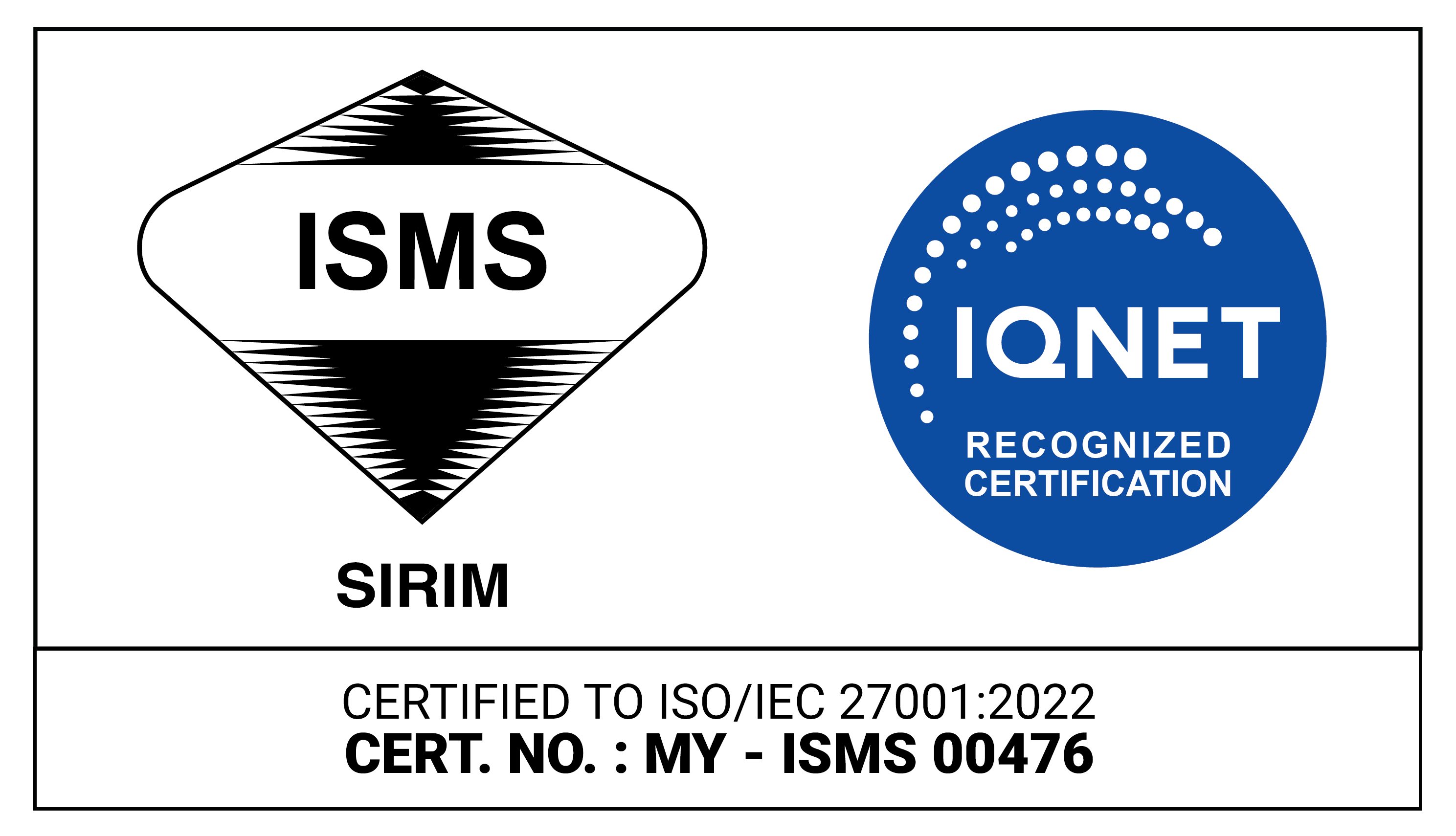OPENING SPEECH BY
YAB DATO' SRI HAJI FADILLAH BIN HAJI YUSOF
DEPUTY PRIME MINISTER &
MINISTER OF PLANTATION AND COMMODITIES
PALM OIL ECONOMIC REVIEW AND OUTLOOK
SEMINAR (R&O) 2023
THURSDAY, 12 JANUARY 2023
PUTRAJAYA MARRIOTT HOTEL
Bismilllahirrahmanirrahim
Assalamualaikum, Good Morning and Salam Perpaduan to all of you.
1. Firstly, let me record my appreciation to the Malaysian Palm Oil Board (MPOB) for organising this annual Palm Oil Economic Review and Outlook Seminar (R&O) 2023. It is indeed an honour for me to be invited to officiate R&O 2023 and be part of this major event of MPOB. This year’s theme, “Palm Oil: Seizing Opportunities Amidst Global Challenges” is important for the industry as the world is currently facing three challenges namely the COVID-19 pandemic; conflict between Russia and Ukraine, and rising food price.
2. The Malaysian oil palm industry continues to drive the country’s economic growth as the palm oil market recovers from a disruptive two years of the COVID-19 pandemic from 2020-2021. Despite facing numerous significant challenges at the local and global markets including COVID-19, severe labour shortages, weather uncertainties, environmental concerns, geo-political unrest and changes in trade policies, the market for palm oil remains optimistic for 2023 following expectations of strong palm oil demand from key markets, interests in replenishing stocks to ensure food security and recovery of business activities post COVID-19 on a broader perspective.
Ladies and Gentlemen,
3. The labour shortage in the oil palm plantation sector and production losses due to low yields have curbed the Malaysian palm oil industry from maximising its full potential throughout 2021 and 2022 despite record high prices for palm oil. However, Malaysia witnessed a moderate recovery in palm oil production with the opening of the Malaysian borders and measures taken by the Government to facilitate the entry of foreign workers which have improved the critical labour situation. Therefore, the Malaysian oil palm industry is expected to reduce production losses and contribute to further increase in palm oil production in 2023.
4. The Russia–Ukraine conflict and Indonesia’s decision to ban palm oil exports in early 2022 have caused significant disruptions and challenges in the global supply chain of the vegetable oil markets. Nevertheless, the Malaysian oil palm industry prevailed and made significant achievements in 2022 with the local crude palm oil (CPO) prices surging to its highest level in the history of the Malaysian oil palm industry and boosting the country’s export revenue.
Ladies and Gentlemen,
5. The record-breaking CPO prices in 2022 has brought huge profits to the industry and oil palm growers should take the opportunity to invest in technologies that can assist workers, especially in harvesting and collecting of fresh fruit bunches in the plantations, hence reducing the dependency on human labour and improving productivity. I understand the idea of replacing labour with mechanisation has never been easy as oil palm plantations varies from one another in terms of topography. Needless to say, I believe automation and mechanisation is still possible on certain activities in oil palm operations, hence the Government proactively establishing the Mechanisation and Automation Research Consortium of Oil Palm (MARCOP) with industry stakeholders to meet these objectives. I am confident the establishment of MARCOP will be able to accelerate the mechanisation and automation agenda in the oil palm industry by developing breakthrough cutting edge solutions using for example laser, AI, Big data analytics and Drone technologies.
Ladies and Gentlemen,
6. On the international front, both Malaysia and Indonesia are committed to strengthen our cooperation and collaboration on oil palm through the Council of Palm Oil Producing Countries (CPOPC). With the entry of four observer countries, namely Colombia, Ghana, Honduras and Papua New Guinea to become full members of the CPOPC, it is hoped that the alliance of palm oil producing nations will be able to work synergistically in energising CPOPC’s roles as a more dynamic and impactful economic bloc in protecting our industry’s interest. This will mean that we will have to be more coordinated in our efforts in conveying our stand and stance on policy matters that will affect the socio-economic wellbeing of our respective countries. In this aspect, I am particularly referring to the European Union (EU) and United States (US) which are the two economic bloc that are constantly throwing baseless allegations, demonising our sustainable palm oil efforts and initiating embargo on our palm oil products with the aim of crippling our palm oil industry as a whole.
7. Therefore, we must not act alone in facing these challenges, especially with the latest move by the EU which has introduced a new legislation EU Deforestation Regulation (EUDR) on the import of selected commodities including palm oil that is linked to deforestation and forest degradation. The new legislation is expected to become a trade barrier when we take into account of the fact that the commodity is subject to due diligence which is anticipated to increase administrative and production costs. In addition, the traceability requirement is also expected to have an impact on the smallholders if they are excluded under the legislation as smallholders en bloc is an important factor in the global supply chain.
Ladies and Gentlemen,
8. The Malaysian oil palm industry continues to take leadership roles in undertaking continuous improvements in oil palm cultivation and palm oil processing aimed at making palm oil production more sustainable and environmentally friendly by adopting initiatives, including the introduction of the Malaysian Sustainable Palm Oil Certification (MSPO) which was made mandatory on 1 January 2020. The MSPO certification is an important measure taken by the Government to ensure that the value of Malaysian palm oil and palm products are further enhanced and gain continuous global access and acceptance at the vegetable oils market. Strategically, we recognised that two major markets namely China and India are of extreme importance to us due to its population. Malaysia, has engaged with the China Green Food Development Center (CGFDC) aimed at promoting sustainability standards and incorporating the MSPO scheme for Malaysia’s certified palm oil into China. In addition, China’s Grand Oils and Fats (Dongguan) Co Ltd (GIHDG), one of the leaders in plant-based oils and fats industry in China has become the first company outside Malaysia to be awarded the Malaysian Sustainable Palm Oil Supply Chain Certification Standard (MSPO SCCS) since 21 October 2022, can now confidently supply products made from sustainably produced palm oil to their clients all around the world. On the other hand, Malaysia has also engaged with Solvent Extractor’ Association (SEA) and Solidaridad Network Asia Limited (SNAL) India to promote the MSPO and Indian Palm Oil Sustainability Framework (IPOS) by harmonising the two sets of national standards and to facilitate Malaysian palm oil and palm product exports to India.
9. Malaysia will continue to position its palm oil industry as a leader in sustainability. MSPO certification programmes will be intensified with continuous support from the Ministry of Plantations and Commodities (MPIC) and related stakeholders to ensure full adoption of sustainability requirements among smallholders. As of 30 September 2022, MSPO certification has reached 98 % or 5.64 million hectares of the 5.74 million hectares of oil palm planted areas in Malaysia and 99 % or 461 of the 466 mills in the country have been certified under the MSPO.
10. The MSPO certification garnered greater recognition and acceptance at the international level through the introduction of the MSPO-Trace, a complete solution to track and trace MSPO Certification from oil palm plantings and down the supply chain. In this respect, the MSPO standard has also been revised through MS2530:2022 to reduce ambiguity and increase credibility by harmonising with the United Nations’ Sustainable Development Goals 2030. It has also included improvements on good social and labour practices; High Conservation Value (HCV) and Social Impact Assessment (SIA); and quantification of greenhouse gas (GHG) emissions. Additional standard requirement to assess the conformity of fresh fruit bunch (FFB) dealers is also included in this revised standard. It is hoped that with the revision of the MSPO standard which covers sustainable management as well as supply chain requirements, the sustainable palm oil production across the board will gain consumers’ confidence and facilitate the Malaysian palm oil trade in the international markets and subsequently increase its market competitiveness in the long run.
Ladies and Gentlemen,
11. The global demand for palm oil is rising in tandem with the recovery of all economic sectors, boosted by increased consumption in importing countries both for food and non-food industry. Furthermore, demand remains supported by palm oil’s price competitiveness vis-à-vis other competing vegetable oils and the pervasively weaker Malaysian Ringgit against the US Dollar. Palm oil has become the preferred edible oil, owing to its attractive prices and versatile applications in a wide range of products. The expansion and diversification of the oil palm industry as well as exploring market-specific applications of palm products, will increase the country’s current share of the global market for palm oil products. The ongoing investment by palm oil players in palm-based oleochemicals and more value-added products will provide new growth opportunities for the oil palm sector.
12. The Malaysian oil palm industry has a promising future as the world’s population and the global demand for vegetable oils are on the rise. Despite facing the challenges of a global economic slowdown amid rising interest rates and recession fears predicted in 2023, the overall market for the Malaysian palm oil is expected to remain robust. As the global economy is gradually opening up again, we anticipate a better performance supported by the improvement in production, competitive prices and strong demand from key export destinations.
Ladies and Gentlemen,
13. I sincerely hope R&O 2023 Seminar will meet its objective of keeping the oil palm industry stakeholders informed on the challenges and formulating strategic moves to enhance the industry's performance and competitiveness locally and internationally.
14. I urge all of you present here to take this opportunity to participate actively and put forward your views and suggestions to ensure the long-term resilience of the palm oil industry. This industry is one of the largest contributors to the national economy benefiting the country especially smallholders and industry players. I am confident the country's palm oil industry will continue to thrive in line with the ongoing efforts of MPIC.
15. Finally, let us all embrace the National Agricommodity Policy 2021-2030 (DAKN2030) and operationalise our national agenda in driving the Shared Prosperity Vision 2030 (SPV2030); UN 17 Sustainable Development Goals
(SDGs); 12th Malaysia Plan 2021-2025 (RMK 12) and Third National Physical Plan (RFN3). This will embody the 5 Policy Thrust and 14 Indicators crafted in DAKN2030 to track outcomes and set common goals for all stakeholders to work together over the next 10 years.
On this note, I hereby officially declare the Palm Oil Economic Review and Outlook Seminar 2023 open.
Thank you.








